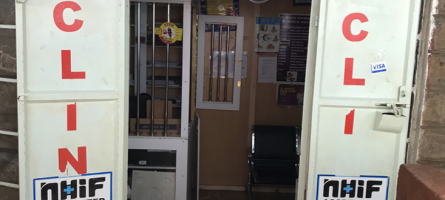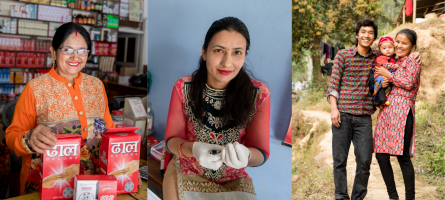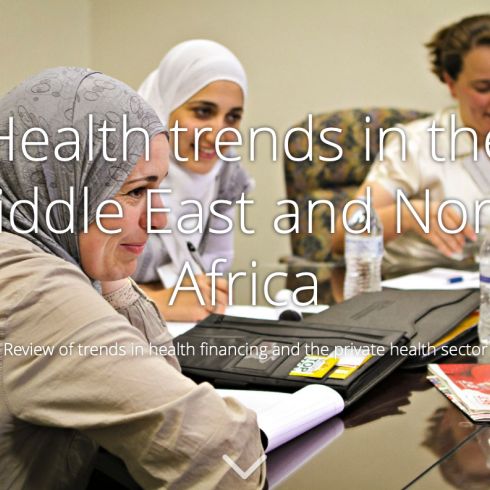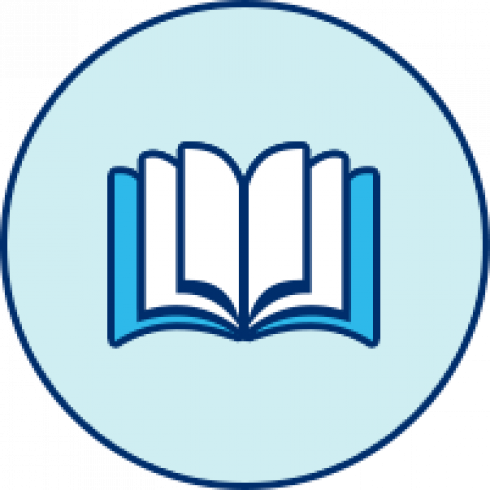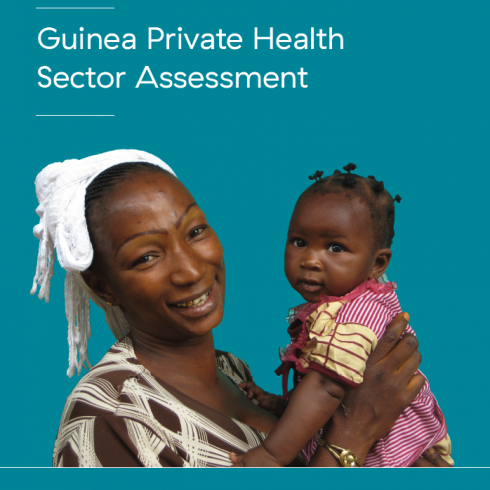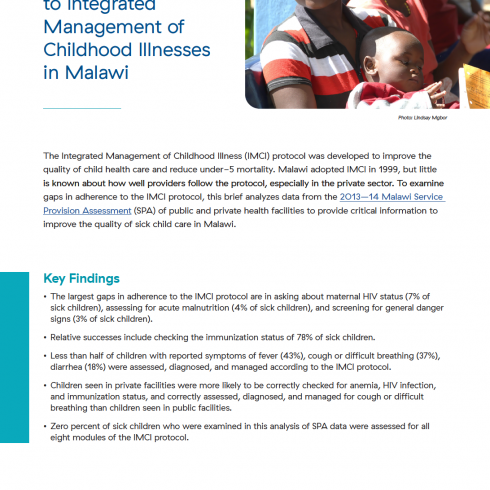Child Health
While there have been significant advancements in reducing child mortality, 5.6 million children under 5 years of age still die each year—2.6 million of these deaths are babies in their first month of life. Pneumonia, diarrhea, and malaria account for the vast majority of deaths among children under 5. These three childhood illnesses, along with newborn mortality, are the leading causes of death for this age group.
The complications and death caused by these illnesses can be averted by known, affordable treatments such antibiotics, oral rehydration solutions (ORS) and zinc tablets for diarrhea management, and anti-malarials. Globally, a significant proportion of caregivers use the private sector for treatment of childhood illnesses.
SHOPS Plus aims to increase the use of priority health services through the strategic expansion of private sector approaches in health systems. This includes fostering enabling environments for the private health sector, expanding the use of private sector health information, products, and services at the community and health facility-level, increasing effective public-private engagement, and fostering the use of private sector models.
Through a multi-faceted, integrated approach to saving children’s lives, SHOPS Plus contributes to reducing childhood mortality and illness under the Ending Preventable Child and Maternal Deaths initiative. In line with the Acting on the Call agenda and the Sustainable Development Goals for reducing child mortality, the project focuses on improving the equity and quality of child health services across health systems by catalyzing public-private sector engagement.
SHOPS Plus child health programs are based on four broad strategies to increase use of child health product and services:
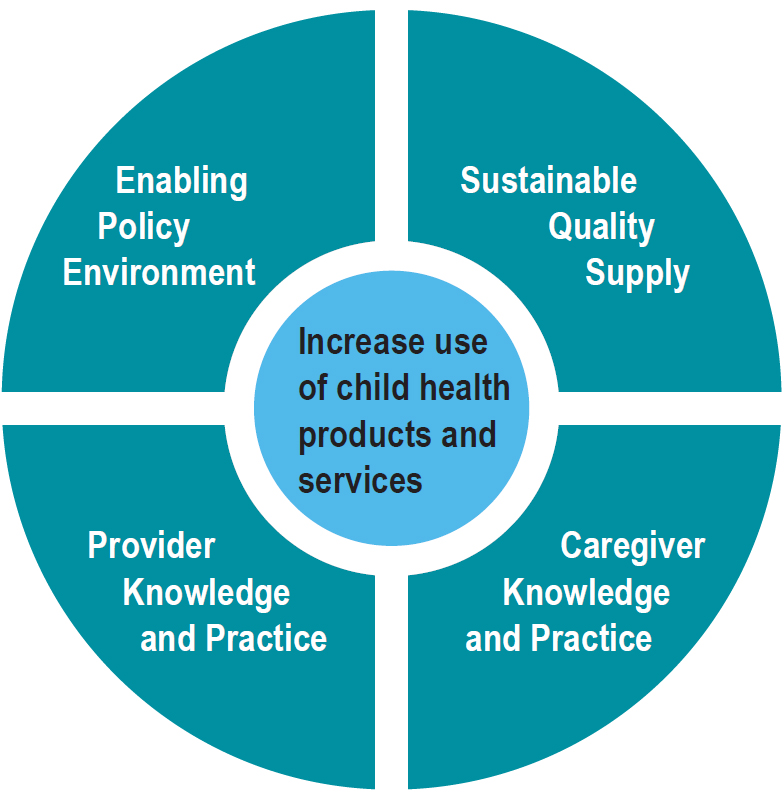
Policy: Create an environment that is supportive of treatment protocols, where the role of the private sector is recognized.
Supply: Improve access to affordable and high-quality commodities. When feasible and appropriate, foster sustainability by working with local manufacturers and importers to encourage the production of commodities.
Caregiver demand: Inform caregivers when to seek treatment through mass media campaigns, community health days, and more.
Provider demand: Enhance knowledge and skills of providers to promote and deliver appropriate treatment and quality care through training and supportive supervision.
Examples of our work
In Afghanistan, SHOPS Plus supports social marketing and distributing of a variety of health products, including child health and family planning products. The project is implementing a pilot program that trains beauty parlor owners and staff to conduct outreach and peer education with their clients on key family planning and maternal and child health topics.
SHOPS Plus analyzed the most recent Demographic and Health Survey data from 24 of the 25 USAID maternal and child survival priority countries to examine where treatment or advice is sought for sick children who experienced at least one of three illnesses: fever, acute respiratory infection, or diarrhea. The public and private sectors are important sources of care for sick children, and their role varies across contexts and socioeconomic statuses. Access all the resources here.
A SHOPS Plus brief summarized evidence of the private sector’s experience and role in the management of childhood illness—including malaria, diarrhea, and pneumonia, as well as integrated approaches seeking to address several diseases. Read the brief.
Relevant research:
- Case Management of Childhood Illnesses in the Private Health Sector
- Sources for Sick Child Care in 24 USAID Maternal and Child Survival Priority Countries
Countries: Afghanistan, Ghana, India, Madagascar, Nepal, Senegal, Tanzania
